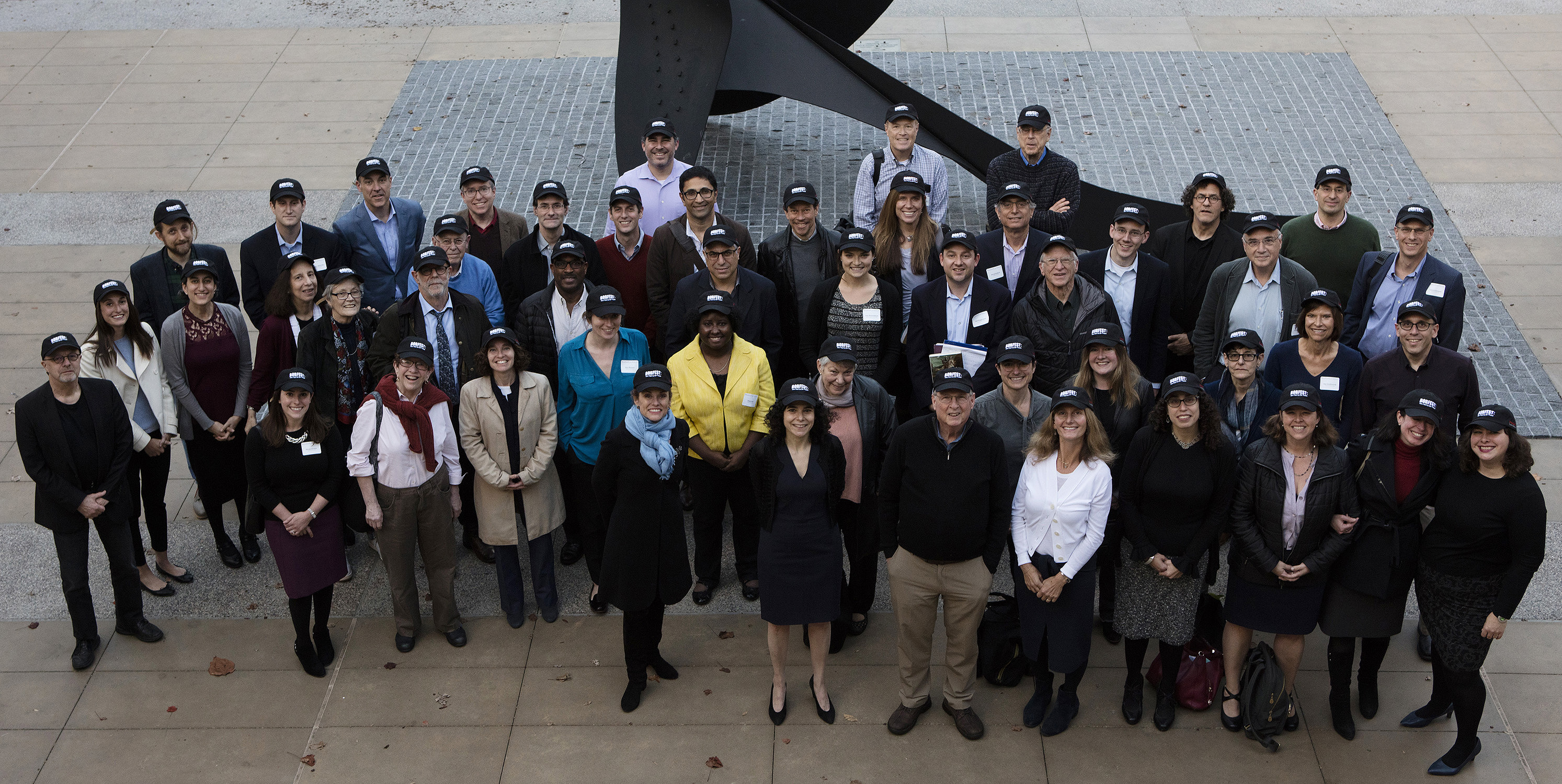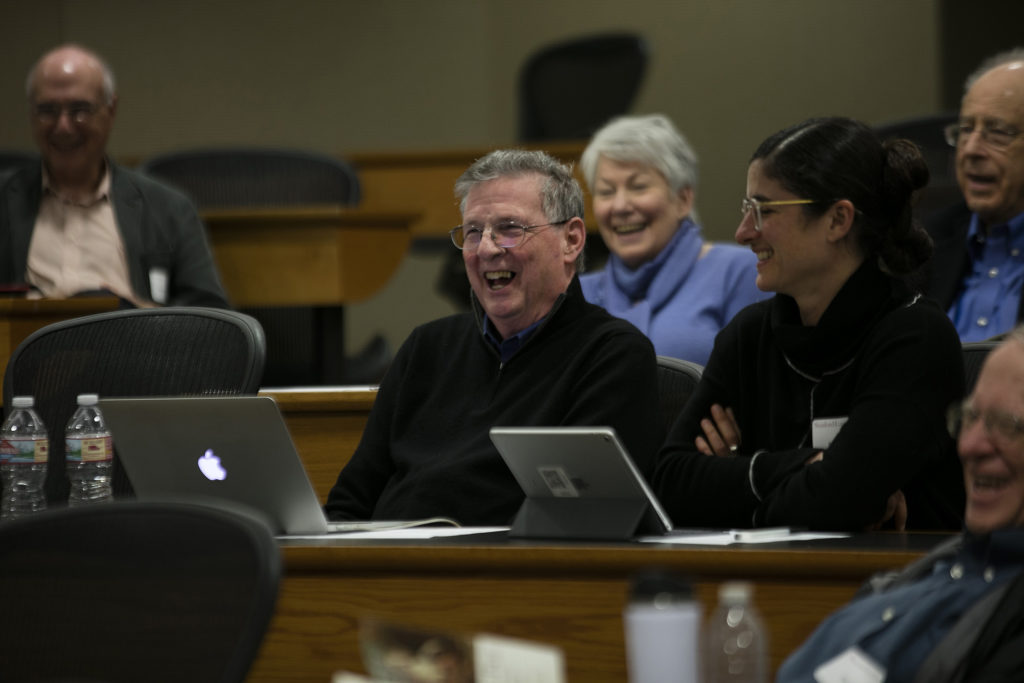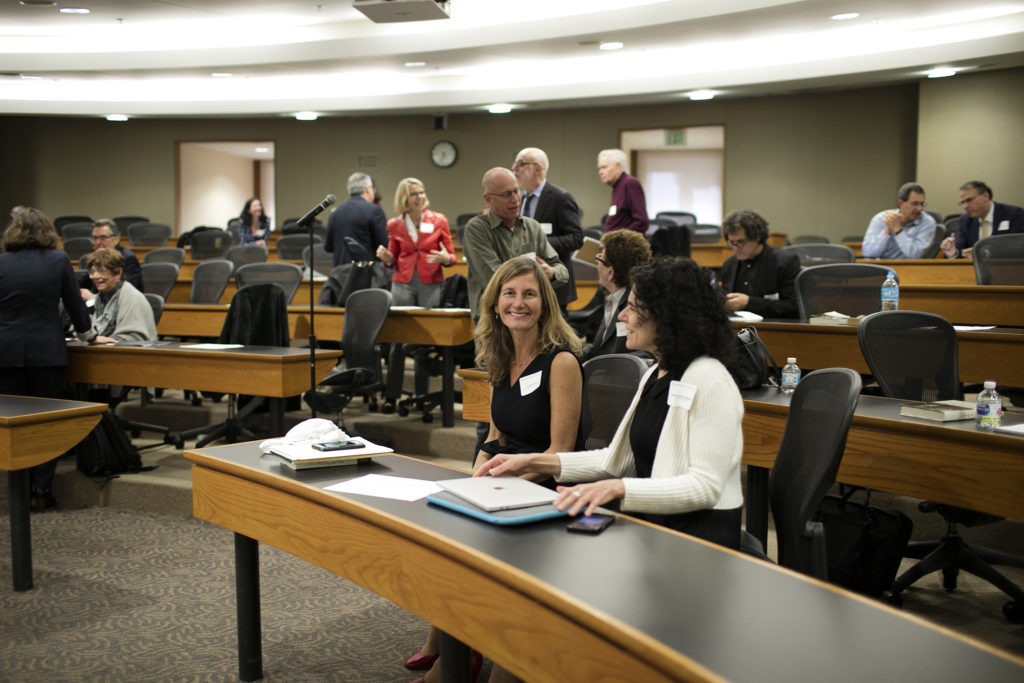On January 12, 2018, on a Friday afternoon in Palo Alto, California, a number of the United States’ leading legal historians converged on Stanford Law School to discuss a major new work, Taming the Past: Essays on Law in History and History in Law. They also traveled from throughout the country to celebrate the book’s author, Professor Robert W. Gordon, Professor of Law at Stanford University, and previously the Chancellor Kent Professor of Law and Legal History at Yale Law School. The proceedings that followed discussed Gordon’s broad contributions to three areas of inquiry: the common law tradition, legal history, and critical legal historicism—tracking closely to the organization of Gordon’s book. The formal arguments and scholarly claims about Gordon’s book were so significant that they merited publication as a series of ten comprehensive pieces in volume 70, issue 5 of the Stanford Law Review.

But word quickly spread, particularly among the community of American legal historians, that neither the intellectual richness nor the spirit of the event (collectively dubbed ‘Bobfest’ by attendees) could be fully captured in a series of traditional articles. So we were thrilled when Professors Ariela Gross of the University of Southern California Gould School of Law and Susanna Blumenthal of the University of Minnesota Law School, who had organized ‘Bobfest,’ asked if we would be interested in publishing a special issue of The Docket to capture the conversations that occurred during the proceedings. Of course, we jumped at the chance.
For legal historians, Gordon’s work has long been required reading. Along with William E. Nelson, John Reid, Morton Horwitz, Harry Scheiber, Hendrik Hartog, Lawrence M. Friedman and a few others, Gordon is part of a generation of legal historians whose methodological insights were just as important as their historical finds. For instance, Gordon’s 1984 article, “Critical Legal Histories”remains a staple on comprehensive examination reading lists for doctoral students. But Gordon’s influence over the field of legal history far transcends his published works. He is quite rightly known as one of the most generous scholars in the field. His voracious appetite for new scholarship by established and junior scholars alike means that he is prepared to offer helpful advice and insights.

We are so pleased to present for our readers some of the most compelling discussions that unfolded at “Celebrating Bob Gordon’s Taming the Past.” Readers will quickly see that these discussions are difficult to characterize because their analytical substance cannot be separated from their measure of the scholar that is Robert W. Gordon. But this Gordon’s fault. As John Fabian Witt and Sarah Barringer Gordon put it in their foreword to Taming the Past: “Together, these two characteristic achievements—the analytic rigor he brings to all his work and the generous building of a field—embody the essence of Bob’s contribution to the field.”1[1]“Foreword,” in Robert W. Gordon, Taming the Past: Essays on Law in History and History in Law (New York: Cambridge University Press, 2017), x. Thus we believe that these discussions will help future scholars as they continue to reckon with Gordon’s incredible contributions to the field of legal history. We offer them to our readers without further commentary, but with profound thanks to Ariela Gross, Susanna Blumenthal, and the contributors to this special issue.

And of course, we thank Robert W. Gordon for what is only the latest in a career of insights that have shaped a field.
Notes:
[1] “Foreword,” in Robert W. Gordon, Taming the Past: Essays on Law in History and History in Law (New York: Cambridge University Press, 2017), x.

